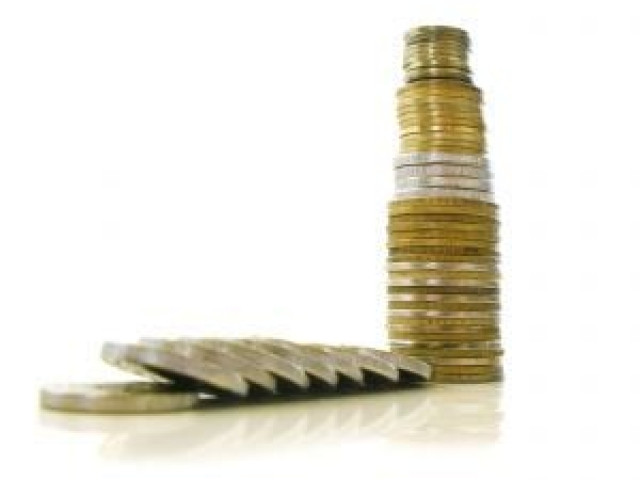The wrong treaty
President Zardari's mantra of "trade, not aid" should be adopted as government policy.

Economists conclude that investment treaties have much a much lesser positive impact than trade agreements. PHOTO: FILE
By contrast, the government has not even tried to ask for a free trade agreement with the US — something that would be of a much greater value to Pakistan than an investment treaty. After the European Union, the US is Pakistan’s largest export market and one where our exporters have been losing ground to countries that have more favourable trade agreements with Washington. While an investment treaty with the US would have value for Pakistan, a trade treaty should take priority. The government needs to be far more proactive in negotiating with the US government and lobbying for support amongst the US legislators who are opposed to such a deal.
For all the flaws of the previous administration’s economic policies, we do like President Asif Ali Zardari’s mantra of “trade, not aid” and believe that it should be adopted as government policy, regardless of who is in office. The previous government was not successful in negotiating any significant trade agreements during its tenure. We hope that the present one, with its strong links to Pakistan’s export-oriented business community, will have better luck. But for that to happen, it needs to start by trying harder.
Published in The Express Tribune, July 18th, 2013.
Like Opinion & Editorial on Facebook, follow @ETOpEd on Twitter to receive all updates on all our daily pieces.
ight:115%'> on Twitter to receive all updates on all our daily pieces.















COMMENTS
Comments are moderated and generally will be posted if they are on-topic and not abusive.
For more information, please see our Comments FAQ